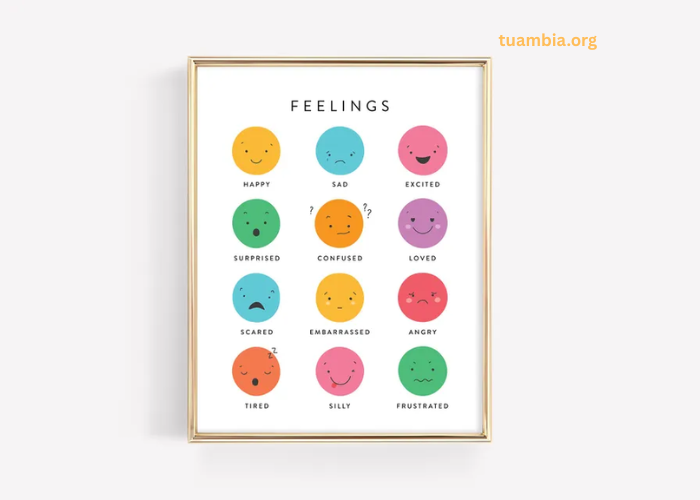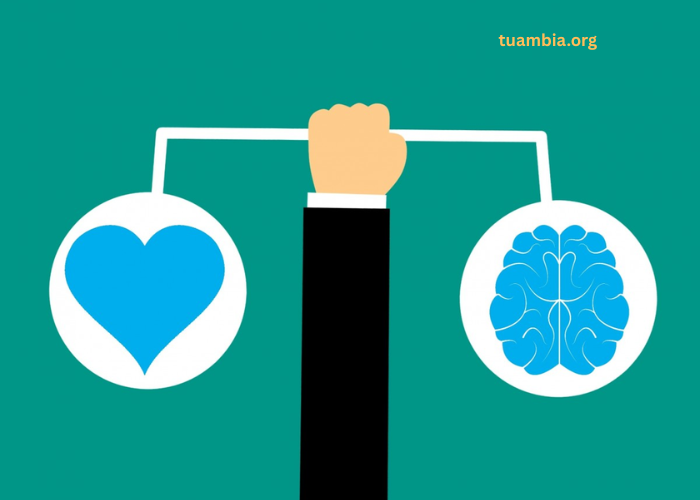On the surface, gambling seems a purely financial pursuit: dollars wagered, jackpots won, or bankrolls lost. But beneath the flashing lights and swirling reels lies a deeper truth — gambling is an emotional experience. Wins deliver euphoria. Losses spark frustration, shame, or the desperate urge to “win it back.” For many players, learning how to navigate these highs and lows is as essential as understanding the odds.
This reality holds true whether someone is spinning slots in Las Vegas or logging into reviewed CA gambling sites from $10 minimum deposits. Regardless of the stakes, the emotional ride can be intense — and without conscious self-care, that rollercoaster can spiral into unhealthy territory.
Increasingly, mental health professionals and responsible gambling advocates are urging players to adopt self-care routines as part of their gaming habits. Not because gambling itself is inherently harmful but because unchecked emotions can drive decisions that hurt both wallets and well-being.
Understanding the emotional highs and lows of wins and losses
Gambling stirs the brain’s most primal reward systems. When you win, your brain releases a surge of dopamine — the neurotransmitter associated with pleasure and learning. That hit can feel intoxicating, especially after a string of losses. The thrill is immediate and potent, creating a loop where players crave more action, more excitement, and more wins.
But the lows can be equally powerful. Losses don’t merely sting financially; they can evoke guilt, regret, or a sense of personal failure. Some players experience an urge to “chase” losses, believing that one more bet might undo the damage. This emotional whiplash can distort judgment and make even skilled players act recklessly.
Scientists describe this as a “variable reward schedule.” You never know when a win is coming, so every spin or hand carries the hope of a payoff. It’s the same psychological mechanism that powers social media scrolling and video game loot boxes — a system designed to keep people engaged.
Yet understanding the science isn’t always enough. In the heat of the moment, even the most disciplined players can forget rational strategies. It’s why self-awareness is crucial. Recognizing when you’re playing for entertainment versus when you’re reacting to emotional turbulence is often the first step toward maintaining control.
Stress-reduction routines after an intense playing session
Gambling — even recreationally — can be mentally exhausting. After a high-adrenaline session, your body can be flooded with cortisol, the stress hormone. Left unchecked, this can lead to irritability, insomnia, or impulsive decisions.
Integrating stress-reduction routines is one of the simplest yet most powerful forms of self-care for gamblers. Such routines help “reset” the nervous system and create space between the gaming session and the rest of life.
Some evidence-backed ways to decompress include:
- Mindful breathing: Slow, intentional breaths can lower heart rate and reduce anxiety within minutes.
- Physical movement: A short walk, gentle stretching, or even a few yoga poses can help dissipate tension.
- Sensory grounding: Engage the senses — hold an ice cube, smell essential oils, or listen to calming music — to interrupt spiralling thoughts.
- Social connection: Talking to a trusted friend or loved one can help players process emotions instead of bottling them up.
For those who play online, the temptation to jump from a losing session straight into daily life — or another app — is high. Taking even a five-minute break before moving on can prevent emotional spillover. A short routine becomes a “mental door,” closing the casino experience and returning you to everyday reality.
How journaling and reflection can improve decision-making
An often-overlooked tool for gambling self-care is journaling. While it might sound like an exercise for teenagers with diaries, it’s increasingly endorsed by psychologists as a method to improve self-awareness and decision-making.
For gamblers, a simple log can reveal patterns that would otherwise stay hidden. Players can jot down:
- how long they played and at what stakes;
- emotional state before, during, and after the session;
- notable wins or losses;
- triggers that led to chasing losses;
- how closely they stuck to pre-set limits.
Over time, these entries can reveal valuable insights. For example, some players discover they consistently tilt after midnight. Others see a pattern of betting bigger when stressed from work.
Even experienced players learning how to play poker find journaling helpful. Poker, in particular, is a game of skill intertwined with emotion. Writing down hands played, decisions made, and emotional state helps players detach from results and focus on long-term improvement rather than short-term swings.
Such tools don’t just protect mental health; they also transform gambling into a more conscious and intentional hobby.

Healthy habits to counter dopamine overdrive
The neurological “high” from gambling can crowd out other sources of pleasure. Over time, players might find that regular hobbies or social activities pale in comparison to the rush of a near-miss or big win. This is classic dopamine dysregulation — where the brain’s reward pathways become laser-focused on a single stimulus.
Combatting this requires cultivating a variety of healthy pleasures that keep life balanced. Key habits to maintain equilibrium include:
- Physical exercise: Exercise not only reduces stress hormones but also produces natural dopamine, serotonin, and endorphins, sustaining mood without the volatility of gambling highs.
- Creative outlets: Art, music, writing, or cooking stimulate the brain’s reward centers in ways that feel fulfilling but less compulsive.
- Quality sleep: Gambling sessions stretching into the night can disrupt sleep patterns, exacerbating poor decision-making and emotional instability. Prioritizing good sleep hygiene is essential.
- Balanced diet: Blood sugar fluctuations can impact mood and impulse control. Eating regular, balanced meals helps maintain steady energy and emotional resilience.
Having a diversified “reward system” means that wins or losses in gambling don’t hold disproportionate emotional weight. A $50 loss is far less devastating when you have a life full of other meaningful experiences.
Mental health resources and when to seek support
For some, gambling remains a harmless diversion. For others, it can spiral into an unhealthy compulsion. The line between entertainment and disorder isn’t always clear, but certain signs suggest it’s time to seek professional help:
- repeated unsuccessful attempts to cut back or quit;
- lying to loved ones about gambling habits;
- gambling to escape negative emotions;
- chasing losses despite financial harm;
- neglecting work, relationships, or self-care due to gambling.
Modern support resources have evolved beyond in-person meetings. Many organizations offer confidential helplines, virtual counselling, and online communities. In Canada, for example, ConnexOntario provides free help for gambling issues, while the National Council on Problem Gambling operates a 24-hour helpline in the United States.
Digital apps now offer self-exclusion tools, spending caps, and even pop-up warnings for players exceeding certain time limits. Casinos, both online and land-based, are increasingly trained to spot signs of problem gambling and offer referrals.
The goal isn’t to shame or stigmatize. It’s to ensure people know they’re not alone — and that help exists.
Gambling can be thrilling entertainment. But it’s also an emotional endeavour that deserves respect and self-care.






